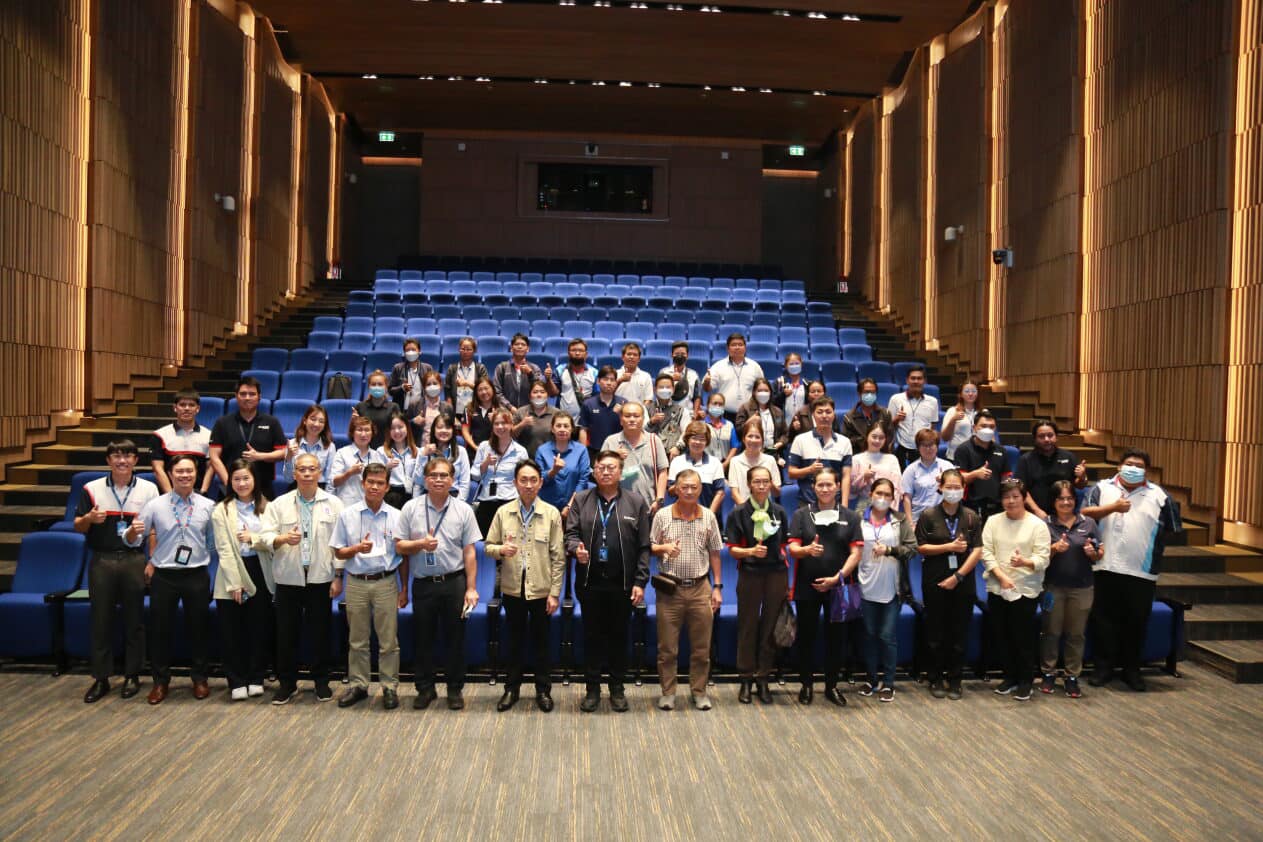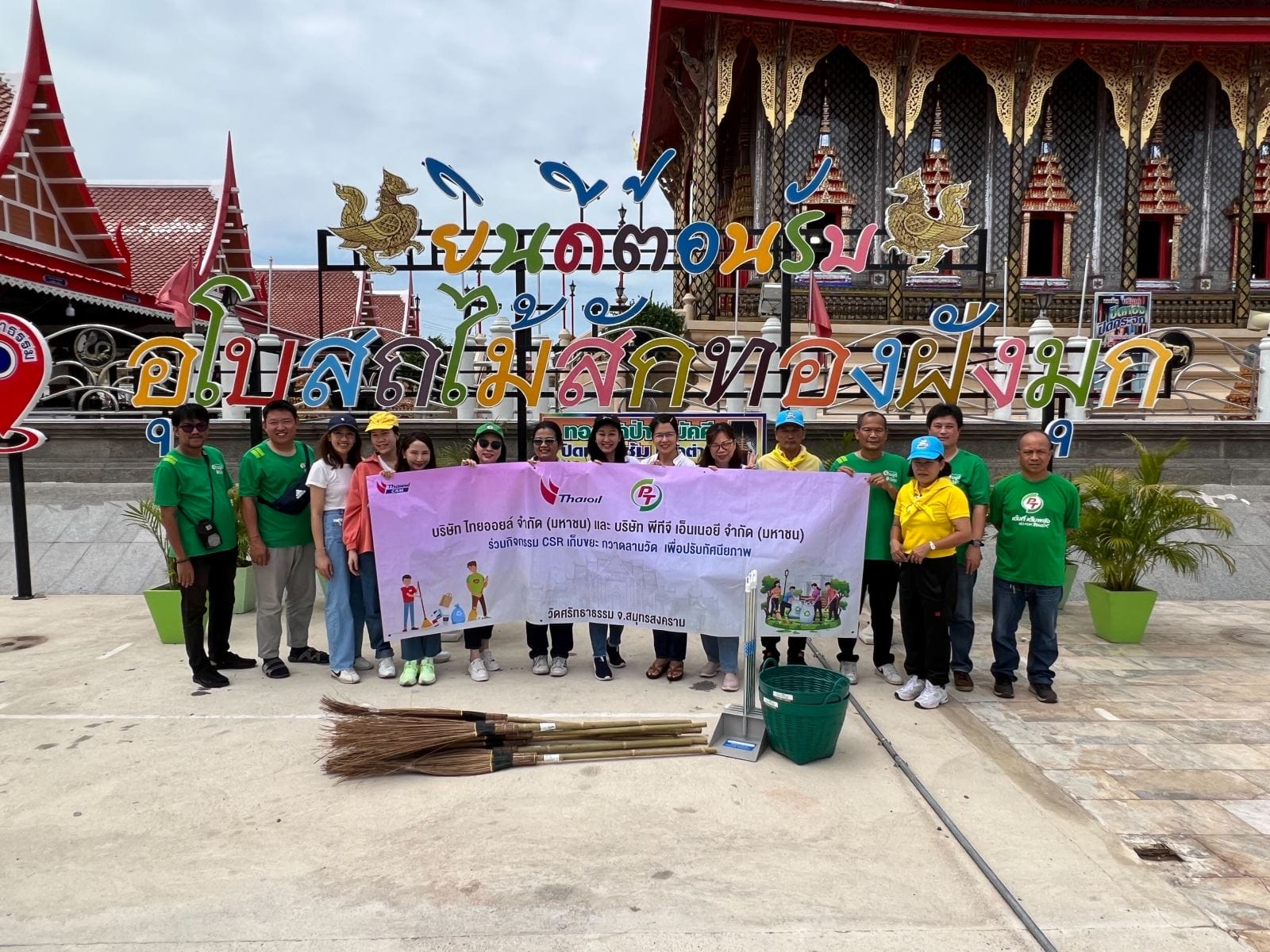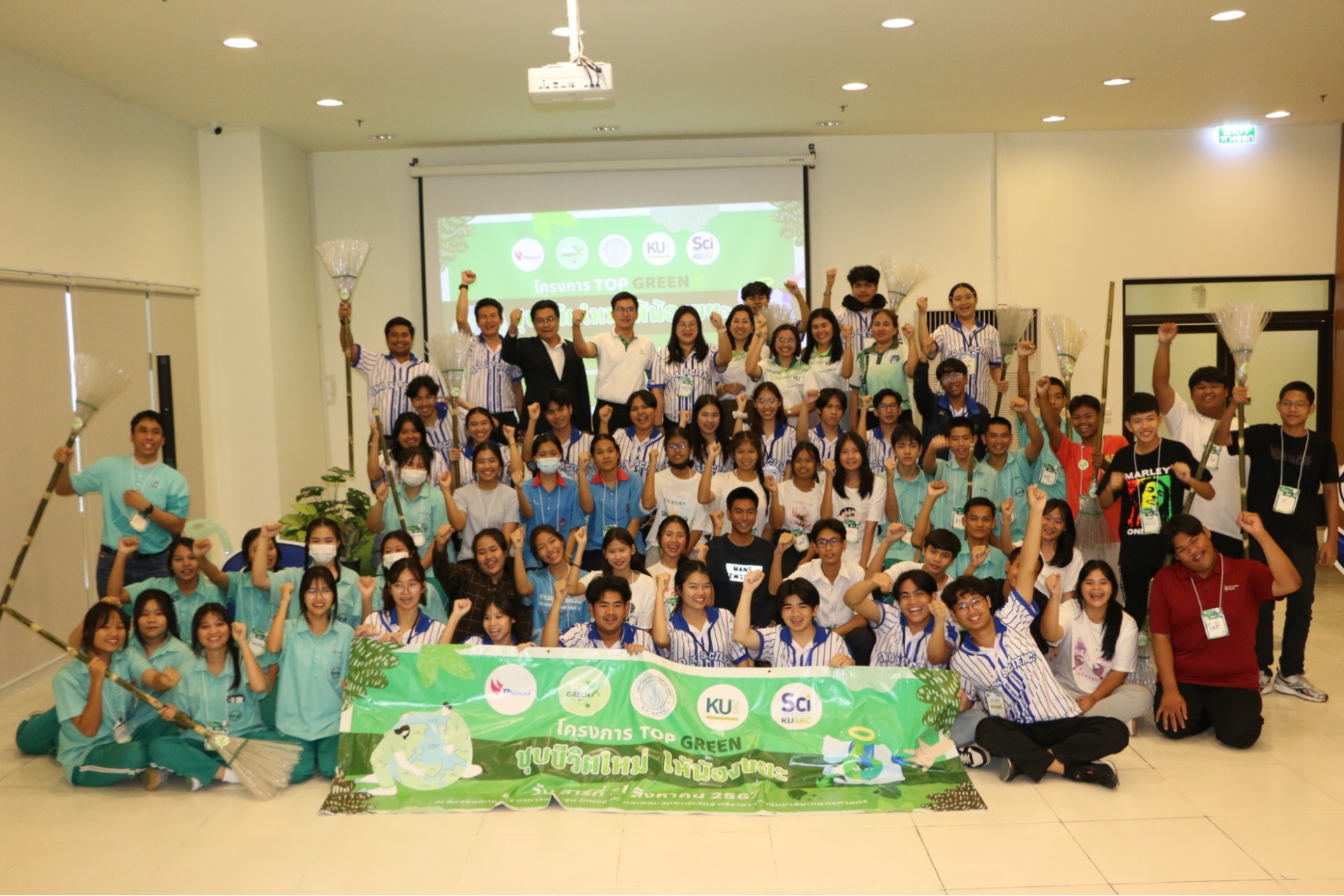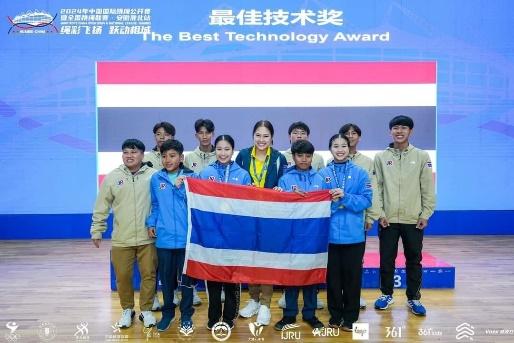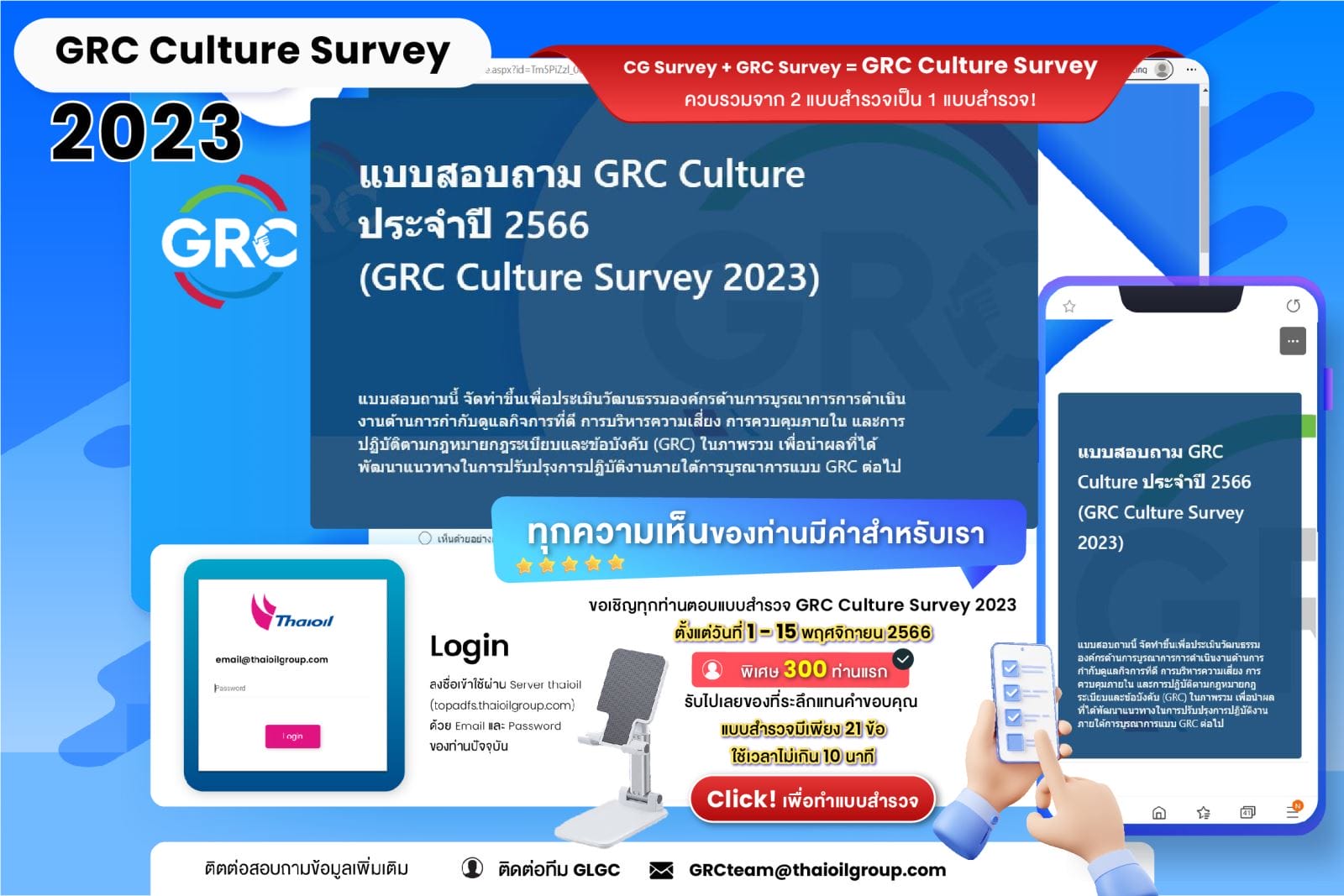Sustainable Code of Conduct for Suppliers of Thaioil Group
Sustainable Code of Conduct
for Suppliers of Thaioil Group
Environmental Management
Sustainable Resource Efficiency
Biodiversity, Deforestation or Land Conservation
Pollution Prevention and Waste Management
Greenhouse Gas Reduction and Climate Change Mitigation
Human Rights
- Non-Discrimination
- Anti-Harassment
- Child Labor
- Forced Labor
- Freedom of Association
- Working Conditions
- Wages and Benefits
- Training and Development
- Communication and Dissemination
Occupational Health and Safety
Safety and Working Environment
Suppliers shall implement occupational health and safety policies to create an injury-free work environment and prevent the occurrence of occupational illness. Suppliers are expected to manage occupational health hazards according to the management hierarchy and to provide appropriate personal protective equipment to all workers. Workers shall not be disciplined for raising safety concerns.
Emergency Prevention, Preparedness, and Response
Community Involvement and Development
การปฏิบัติอย่างเท่าเทียม
คู่ค้าต้องเคารพในความแตกต่าง ความหลากหลายของพนักงานและผู้ปฎิบัติงานในสถานที่ทำงาน และปฏิบัติต่อทุกคนอย่างเท่าเทียม โดยปราศจากการเอื้อผลประโยชน์หรือลิดรอนสิทธิของพนักงานและผู้ปฎิบัติงานอย่างไม่เป็นธรรม อันมีสาเหตุมาจากเรื่องเชื้อชาติ สัญชาติ เผ่าพันธุ์ สีผิว ต้นตระกูล ศาสนา สถานทางสังคม สถานภาพเกี่ยวกับการสมรส เพศ อายุ รสนิยมทางเพศ ความพิการ แนวคิดทางการเมือง คู่ค้าต้องไม่มีการเลือกปฏิบัติไม่ว่าในรูปแบบใดๆก็ตาม
การต่อต้านการล่วงละเมิด
คู่ค้าต้องต่อต้านไม่ให้เกิดการล่วงละเมิดและการคุกคามในทุกรูปแบบภายในองค์กร โดยครอบคลุมทั้งการแสดงพฤติกรรมซึ่งไม่เป็นที่ปรารถนา ไม่ว่าจะมีนัยยะทางเพศหรือไม่ก็ตาม หรือ ก่อให้เกิดบรรยากาศในการทำงานที่ไม่เป็นมิตร ซึ่งการคุกคามที่มีนัยยะทางเพศอาจเกี่ยวข้องกับเรื่องเพศหรือเพศสภาพของบุคคล และการคุกคามที่ไม่มีนัยยะทางเพศอาจเกี่ยวข้องกับกับบุคลิกภาพหรือสถานภาพของบุคคล อาทิ เผ่าพันธุ์ การนับถือศาสนา อายุ เชื้อชาติ เชาวน์ปัญญา ความทุพพลภาพ สรีระทางกายภาพ เป็นต้น
แรงงานเด็ก
คู่ค้าต้องไม่จ้างแรงงานที่อายุต่ำกว่าเกณฑ์ ตามที่กฎหมายกำหนด และไม่ให้แรงงานเด็กหรือบุคคลอายุต่ำกว่า 18 ปี ทำงานในเวลากลางคืน หรือในสถานที่ ที่มีลักษณะเป็นอันตราย
แรงงานบังคับ
คู่ค้าต้องไม่จ้างแรงงานที่เกิดจากการบังคับหรือไม่เต็มใจในรูปแบบใดๆก็ตาม ไม่ว่าจะเป็นการบังคับใช้แรงงาน, การใช้แรงงานที่ต้องทํางานเพื่อการชําระหนี้ หรือ การขัดหนี้, การบีบบังคับทำงานที่บุคคลทำงานด้วยความไม่สมัครใจ โดยอาศัยวิธีการหรืออ้างเหตุ เพื่อการลงโทษ การข่มขู่
เสรีภาพในการรวมเป็นสมาคม สหภาพ สหพันธ์
คู่ค้าต้องยอมรับในสิทธิ และเสรีภาพของลูกจ้างของตนที่พึงมีในการเข้าร่วม หรือไม่เข้าร่วมสมาคม สหภาพ สหพันธ์ รวมถึงการเจรจาต่อรองต่างๆ
เงื่อนไขการทำงาน
คู่ค้าต้องปฏิบัติให้สอดคล้องกับกฎหมายท้องถิ่นที่มีการบังคับใช้และกฎหมายที่เกี่ยวกับสภาพการทำงาน รวมถึงชั่วโมงการทำงาน ค่าตอบแทน และการเลิกจ้าง
ค่าจ้างและสวัสดิการ
คู่ค้าต้องจ่ายค่าจ้าง ค่าตอบแทน และผลประโยชน์ในรูปแบบต่างๆ ที่สอดคล้องกับกฎหมายแรงงาน และจะไม่หักค่าจ้างพนักงานไม่ว่ากรณีใดๆ เว้นแต่กฎหมายยกเว้นไว้
การสร้างและพัฒนาทักษะ
คู่ค้าต้องส่งเสริมและสนับสนุนกิจกรรมที่ส่งเสริมการพัฒนาทักษะและความรู้ความสามารถให้กับพนักงานและผู้ปฎิบัติงานในสถานที่ทำงาน โดยวางแผนการพัฒนาอาชีพ ทบทวนความรู้ความสามารถเดิมที่มีอยู่ จัดอบรม หรือให้โอกาสในการเรียนรู้สิ่งใหม่ๆ เพื่อให้พนักงานและผู้ปฎิบัติงานมีความพร้อมในการทำงานและเกิดการปฏิบัติงานที่มีประสิทธิภาพและประสิทธิผล
อาชีวอนามัยและความปลอดภัย
ความปลอดภัยและสภาพแวดล้อมในการทำงาน
คู่ค้าต้องจัดให้มีนโยบายด้านสุขภาพ อาชีวอนามัยและความปลอดภัย เพื่อสนับสนุนให้เกิดสภาพแวดล้อมการทำงานที่ปลอดภัยและถูกสุขลักษณะ รวมถึงมีการจัดหาเครื่องป้องกันภัยส่วนบุคคลให้กับลูกจ้างอย่างเพียงพอและเหมาะสม รวมทั้งเปิดโอกาสให้ลูกจ้างสามารถนำเสนอประเด็นปัญหาด้านความปลอดภัยในการทำงานโดยไม่ถือว่าเป็นการกระทำที่ขัดต่อระเบียบวินัย
การป้องกัน เตรียมตัว และตอบสนองสภาวะฉุกเฉิน
คู่ค้าต้องมีการคาดคะเน บ่งชี้และประเมินสถานการณ์ และเหตุการณ์ฉุกเฉินรวมถึงมีการวางแผน และมีระเบียบวิธีปฏิบัติที่รองรับการตอบสนองต่อสภาวะฉุกเฉิน เพื่อช่วยลดผลกระทบจากสภาวะฉุกเฉินดังกล่าว
การพัฒนาและมีส่วนร่วมกับชุมชน
คู่ค้าต้องสร้างและดำเนินการมีส่วนร่วมกับชุมชนอย่างมีประสิทธิภาพ เพื่อสร้างและกระชับความสัมพันธ์กับชุมชนโดยรอบที่อยู่ในพื้นที่ดำเนินงานของคู่ค้า พร้อมสนับสนุนกิจกรรมต่างๆ ที่ส่งเสริมการพัฒนาทักษะและความรู้ความสามารถให้แก่ชุมชนโดยรอบ เพื่อให้เกิดการเติบโตที่ยั่งยืนไปด้วยกัน นอกจากนี้ คู่ค้าต้องส่งเสริมให้สมาชิกในชุมชนโดยรอบมีการสร้างทักษะเพื่อสามารถสร้างงานที่ก่อให้เกิดรายได้ และมีการให้ความรู้ความเข้าใจเกี่ยวกับการดูแลสุขภาพอนามัยของสมาชิกในชุมชน
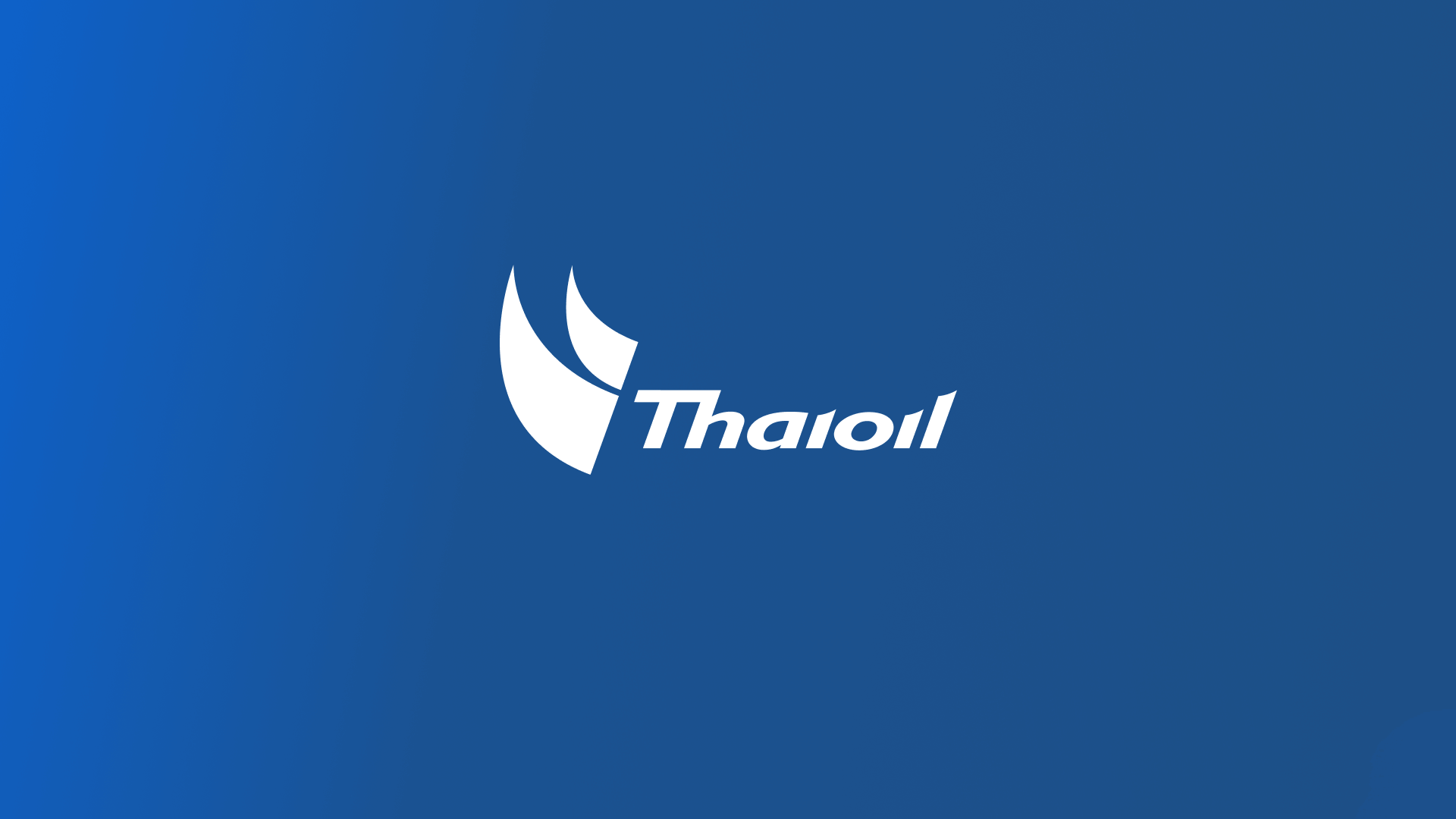

Regulatory Compliance
Anti-Corruption & Bribery
Thaioil Group has a “zero tolerance” policy and does not accept any type of corruption practices, including extortion, fraud, collusion, obstruction, offering benefits, or bribery, at a minimum of Suppliers or its third parties. Any Suppliers found to be involved in giving or receiving improper benefits or bribes will have their contract terminated immediately. A bribe refers to anything (such as money, property, or other benefits) given with the intention of influencing an employee of the Thaioil Group or any person to act or refrain from acting in a manner related to their position, whether such action is in accordance with their duties. Thaioil Group will not be held responsible for any consequences resulting from the termination of contract due to such misconduct, and the Suppliers may also be subject to legal action.
Anti-competitiveness
Gifts, Assets, or Other Benefits
Suppliers acknowledge and agree that employees of the Thaioil Group shall not offer, solicit, promise to give or receive, or accept any gifts, assets, benefits, or offers of hospitality under any circumstances that may influence operational decision-making or result in an unfair advantage. This includes any direct or indirect actions related to such conduct. However, an exception is made for gifts that are openly given or received in accordance with applicable laws, regulations, rules, or business practices, which may be given to or received from Thaioil Group by the Suppliers or relevant third parties.
Conflict of Interest
Suppliers are expected to disclose to Thaioil Group any situation that may appear as a conflict of interest and inform Thaioil Group if any employees of Thaioil Group may have an interest in any kind in the Supplier’s business with relevant evidence.
Confidentiality of Information
Disclosure
Respect for Intellectual Property Rights
Customer Issues
- Customer Data Protection and Privacy
- Protecting Customers’ Health and Safety
- Education and Awareness
- Customer Service, Support and Complaint and Dispute Resolution




